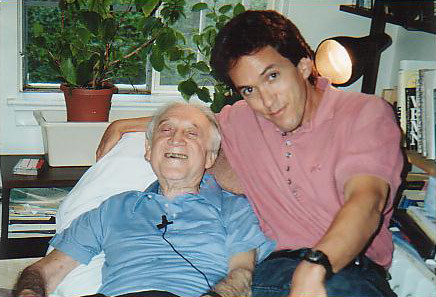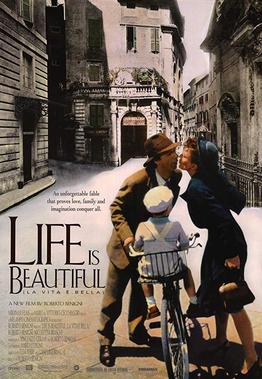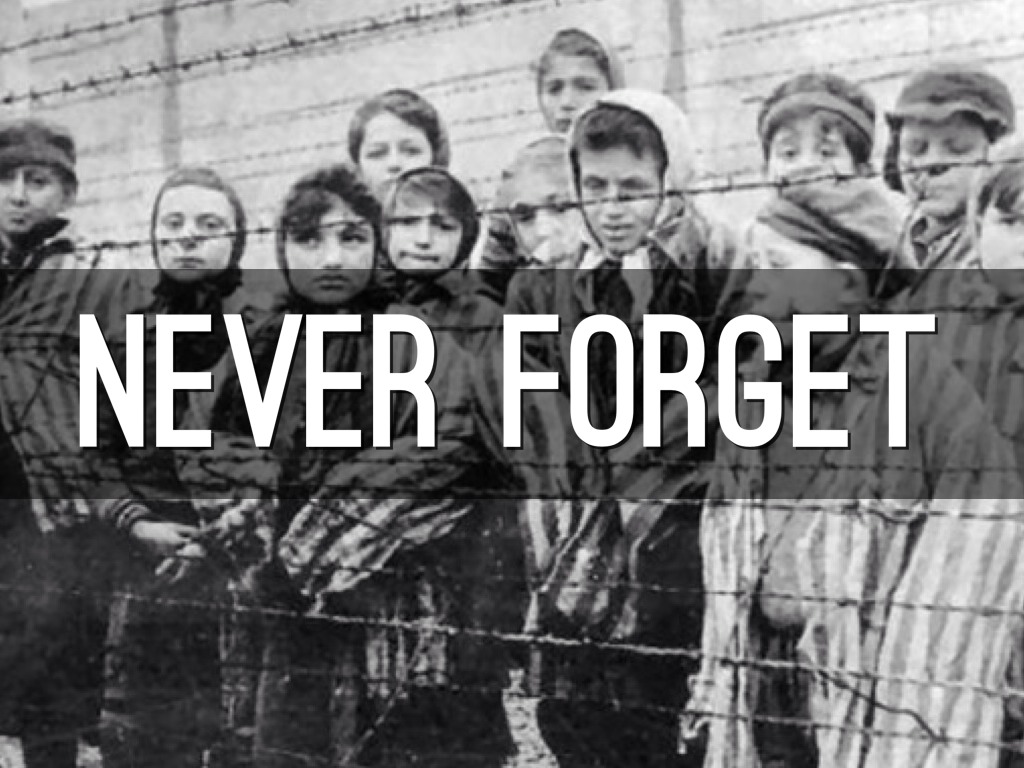What is something we did this year that you think you will remember for the rest of your life?
I think that I will remember our TKAM Southern Sampler. In the book, To Kill A Mockingbird by Harper Lee, there were several foods mentioned. When we finished the book, we brought in some of those foods and had a feast. There was fried chicken, corn bread, Tootsie Rolls, sardines (but no crackers, thanks to Carter), and we had a cake war between me and Hazelle. She brought in an Angel Food Cake, and I brought in a Lane Cake. We had a great time. Especially Sam who ate a sardine and almost threw up into the trash can on video.
What was the nicest thing someone in our class did for you this year?
I think that the nicest thing people in our class did for me this year was saying, "you can do it" when I had to present my speech. I was really nervous to present to the class, and I really didn't want to do it, but everyone kept saying, "You can do it!", which I thought was really nice of them.
What is something you taught your teacher or classmates this year?
Throughout the year, we have done many AOW gallery walks, where we get to teach our classmates about an article that we read. I have taught my classmates many things. For example, I taught some of my classmates about a sexual assault that happened on Facebook Live. I taught some of my classmates about the pros and cons of self driving cars, about how smoking can lead to a cancer related death, and about how Donald Trump's comments about a women's weight could've hurt kids with body image issues.
In what area do you feel you made your biggest improvements? What is something you accomplished this year that you are proud of?
I think that I improved with the level of confidence I have in my work (with the exception of my speech). Especially with the Butterfly Project and the Aphorism project. I am very much a perfectionist, and I am usually never satisfied with the work that I produce. But, I put a lot of work into these projects and I am really proud of how they turned out.
What was the most challenging part of this year for you?
The most challenging part of the year for me was in third quarter. There was about a month where I was so tired of going to school everyday, and I was so tired of doing my work, that I would just not do it. I would procrastinate at home and end up having to rush to get it done in other classes. It was really hard to stay focused on the work that I was doing, and I just wasn't doing very good work. I am not entirely sure why this happened, but I did eventually get out of this phase.
What was the best piece of writing that you did this year? Why do you think it is your best?
My favorite piece of writing that I did this year was a little story that I wrote with Melissa for our Edgar Allan Poe unit. It was a little continuation of "A Cask of Amontillado". Our story was called Confessions of A Madman. We wrote it as if it was an interview between Montressor, the narrator of the story, and a policeman. And Montressor was confessing to his crimes. This was my favorite piece of writing because it was just really fun to write. I loved being able to write from the perspective of someone who was not entirely sane. (And we had a very long debate about if Montressor was a scociopath or a psychopath because the characteristics of both are pretty similar) It was also really fun to come up with a cliff hanger at the end of the story, becuase you aren't exactly sure how the confession ends.
Of the books you read this year, which was your favorite? Why?
There are two books that we read this year that were my favorite were To Kill A Mockingbird by Harper Lee and Tuesdays With Morrie by Mitch Albom. I really liked To Kill A Mockingbird because I liked watching the relationships form and change between Scout, the town, and the people in it. It was really interesting how some of the themes and problems in the book are still relevant today. I really liked Tuesdays With Morrie because of all of the life lessons and advice Morrie gave. His aphorisms were really powerful and beautiful. For example, "Love is how you stay alive, even after you are gone", "Once you learn how to die, you learn how to live", "Love each other or perish", "Death ends a life not a relationship", "You are not a wave, you are a part of an ocean", and so many more. We had some of the best Socratic seminars about this book. I actually finished the book the first day that we started it because I was so interested in it.
What advice would you give students who will be in this class next year?
The advice that I would give to the students who will be in the class next year is that if you need help with something, ask for clarification. Don't just sit there not knowing what to do. And don't wait until the last minute to ask for help either. Send Mrs. Larson a message on Schoology or Edmodo. And chances are, someone else has the same question you do.
















